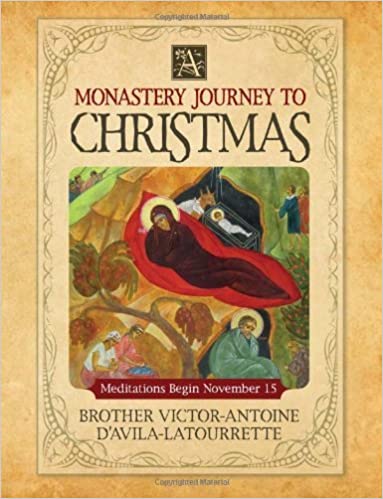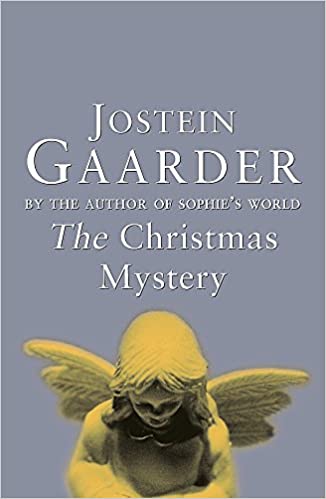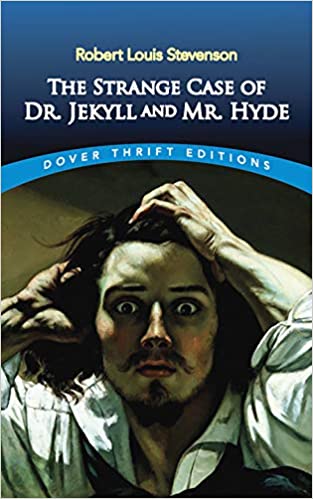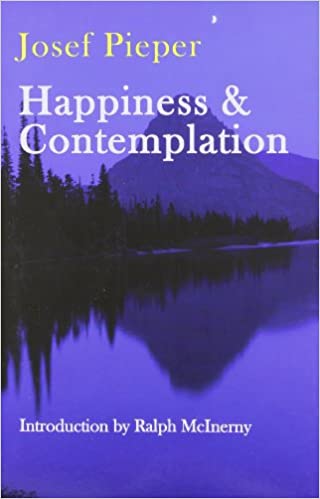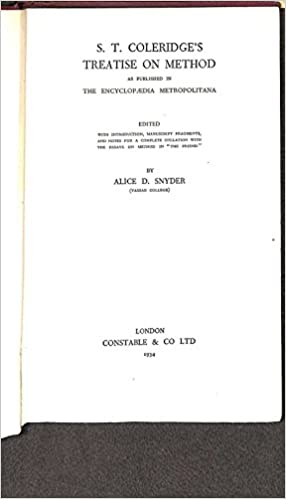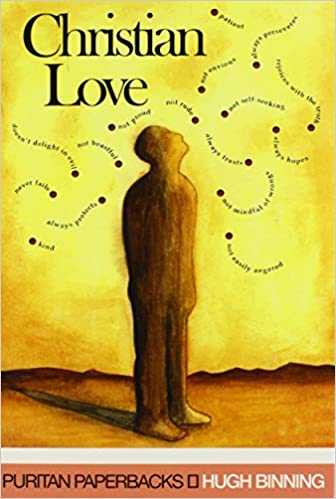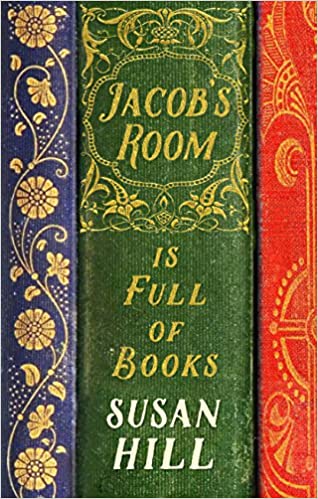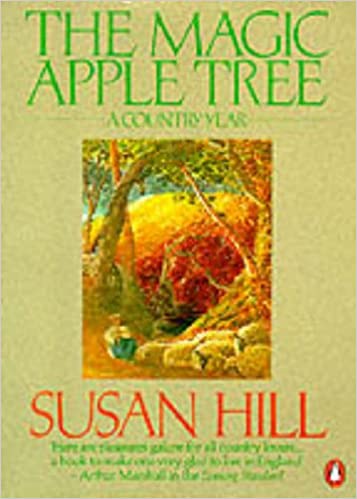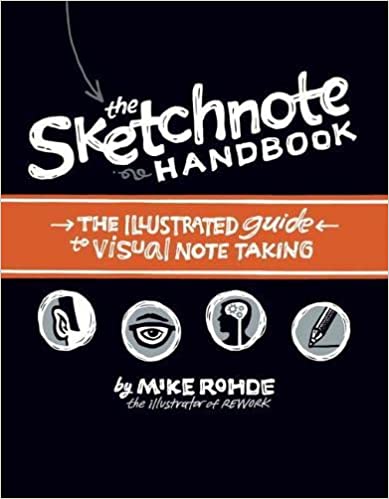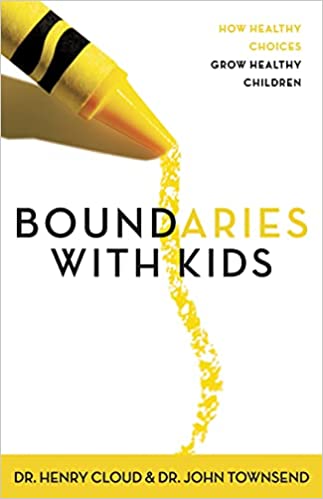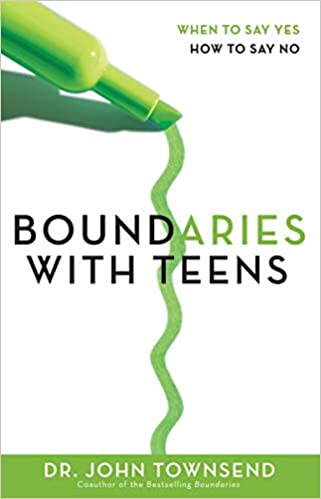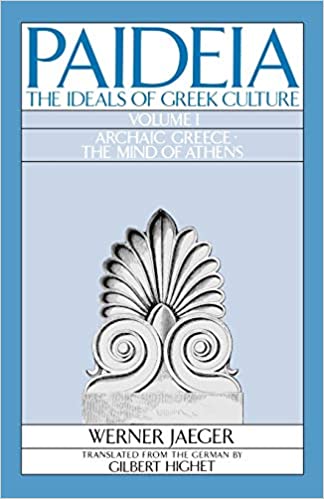A Monastery Journey to Christmas
Full of wonder and joyful anticipation, the Christmas season is the perfect time for Christians to take a break from their busy schedules and ponder the wonderful works of God―in the depths of their heart. Based on the ancient Christian tradition of meditating throughout the 40 days before and after Christmas, this small monastic book follows the rhythm of the Advent and Christmas journey as it takes place in a particular monastery, a place as small and tiny as Bethlehem itself. This book offers a meditation based in a liturgical, biblical, traditional, or literary text for every day from November 15th to January 13th and then February 1st and 2nd. Best-selling author Br. Victor-Antoine d’Avila-Latourrette will help you fill Christmas with moments of quiet prayer. Experience a deepening faith while awaiting in joyful expectation for the Savior’s coming.
More info →The Christmas Mystery
Fifty years ago a girl disappeared from her home in Norway. She ran after a lamb and found herself travelling right across Europe to Palestine, and back through 2000 years to meet the Holy Family in Bethlehem. There she met angels, shepherds, wise men and other biblical characters who joined her on her pilgrimage; and she heard of many of the things that happened in the world in the last 2000 years. In present-day Norway, a boy acquires a strange old Advent calendar. Hidden in each of the windows is a tiny piece of paper. Little by little these pieces unfold the girl's story and as we learn what happened to her, another story is revealed - that of the strange old man who made the calender.
More info →The Strange Case of Dr. Jekyll and Mr. Hyde
In September of 1884, Robert Louis Stevenson, then in his mid-thirties, moved with his family to Bournemouth, a resort on the southern coast of England, where in the brief span of 23 months he revised A Child's Garden of Verses and wrote the novels Kidnapped and The Strange Case of Dr. Jekyll and Mr. Hyde.
An intriguing combination of fantast thriller and moral allegory, The Strange Case of Dr. Jekyll and Mr. Hyde depicts the gripping struggle of two opposing personalities — one essentially good, the other evil — for the soul of one man. Its tingling suspense and intelligent and sensitive portrayal of man's dual nature reveals Stevenson as a writer of great skill and originality, whose power to terrify and move us remains, over a century later, undiminished.
Happiness and Contemplation
"The ultimate of human happiness is to be found in contemplation".
In offering this proposition of Thomas Aquinas to our thought, Josef Pieper uses traditional wisdom in order to throw light on present-day reality and present-day psychological problems. What, in fact, does one pursue in pursuing happiness? What, in the consensus of the wisdom of the early Greeks, of Plato and Aristotle, of the New Testament, of Augustine and Aquinas, is that condition of perfect bliss toward which all life and effort tend by nature?
In this profound and illuminating inquiry, Pieper considers the nature of contemplation, and the meaning and goal of life.
More info →S. T. Coleridge’s Treatise on Method
Samuel Taylor Coleridge wrote the Treatise on Method in 1817, voicing his projects to collect universal knowledge in a single work. Coleridge complained the lack of a proper method in modern science and proposed unconventional examples of 'scientists', such as Plato and William Shakespeare. Included in the Encyclopaedia Metropolitana, the Treatise was widely read and highly effective in popularizing German ideas in Britain.
More info →Jacob’s Room is Full of Books: A Year of Reading
When we spend so much of our time immersed in books, who's to say where reading ends and living begins? The two are impossibly and gloriously wedded, as Hill shows in Jacob's Room Is Full of Books . Considering everything from Edith Wharton's novels through to Alan Bennett's diaries, Virginia Woolf and the writings of twelfth century monk Aelred of Rievaulx, Susan Hill charts a year of her life through the books she has read, reread or returned to the shelf. From beneath a shady tree in a hot French summer, or the warmth of a kitchen during an English winter, Hill reflects on what her reading throws up, from writing and writers to politics and religion, as well as the joy of dandies or the pleasure of watching a line of geese cross a meadow. Full of wry observations and warm humour, as well as strong opinions freely aired, this is a rare and wonderful insight into the rich world of reading from one of the nation's most accomplished authors.
More info →The Magic Apple Tree: A Country Year
Looking out from Moon Cottage, Susan Hill records the sights and smells, the people, gardens, animals, births, festivals and deaths that mark the changing-seasons in the small Oxfordshire community
More info →The Sketchnote Handbook: the illustrated guide to visual note taking
This gorgeous, fully illustrated handbook tells the story of sketchnotes--why and how you can use them to capture your thinking visually, remember key information more clearly, and share what you've captured with others. Author Mike Rohde shows you how to incorporate sketchnoting techniques into your note-taking process--regardless of your artistic abilities--to help you better process the information that you are hearing and seeing through drawing, and to actually have fun taking notes.
The Sketchnote Handbook explains and illustrates practical sketchnote techniques for taking visual notes at your own pace as well as in real time during meetings and events. Rohde also addresses most people's fear of drawing by showing, step-by-step, how to quickly draw people, faces, type, and simple objects for effective and fast sketchnoting. The book looks like a peek into the author's private sketchnote journal, but it functions like a beginner's guide to sketchnoting with easy-to-follow instructions for drawing out your notes that will leave you itching to attend a meeting just so you can draw about it.
More info →Boundaries with Kids: How Healthy Choices Grow Healthy Children
Join Drs. Henry Cloud and John Townsend, authors of the New York Times bestseller Boundaries, as they share the research and guidance you need to raise your kids to take responsibility for their actions, attitudes, and emotions. What Boundaries has done for adult relationships, Boundaries with Kids will do for you and your family.
Using biblically backed principles, including respect, stewardship, and self-control, Drs. Cloud and Townsend share the lessons they've learned firsthand after decades of working with families across the country. The tools and support they provide in Boundaries with Kids will change the way you view healthy boundaries, no matter where you are in your parenting journey.
With wisdom and empathy, they take you through the ins and outs of instilling the kind of character in your children that will help them lead balanced, productive, and fulfilling adult lives. You'll learn how to:
- Define appropriate boundaries and consequences for your kids
- Set limits and still be a loving parent
- Bring balance to an out-of-control family life
- Apply the ten laws of boundaries to your parenting
- Understand the six steps to implementing boundaries in your home
Don't forget to check out the Boundaries family collection of books and workbooks dedicated to key areas of your life, including dating, marriage, raising teenagers, and leadership.
More info →Paideia: The Ideals of Greek Culture: Volume I: Archaic Greece: The Mind of Athens
Werner Jaeger's classic three-volume work, originally published in 1939, is now available in paperback. Paideia, the shaping of Greek character through a union of civilization, tradition, literature, and philosophy is the basis for Jaeger's evaluation of Hellenic culture.
Volume I describes the foundation, growth, and crisis of Greek culture during the archaic and classical epochs, ending with the collapse of the Athenian empire. The second and third volumes of the work deal with the intellectual history of ancient Greece in the Age of Plato, the 4th century
B.C.--the age in which Greece lost everything that is valued in this world--state, power, liberty--but still clung to the concept of paideia. As its last great poet, Menander summarized the primary role of this ideal in Greek culture when he said: "The possession which no one can take away from man is paideia."

